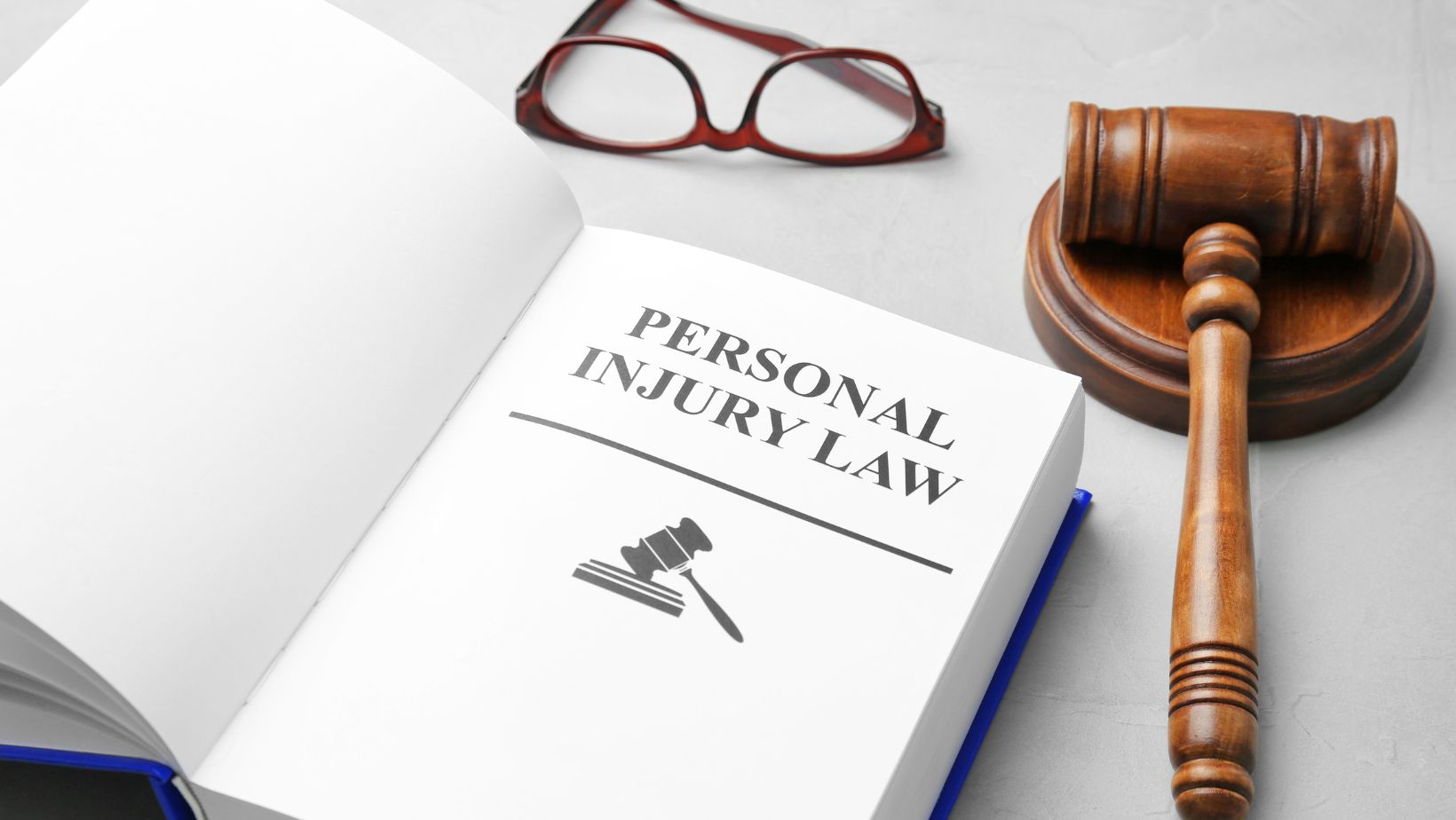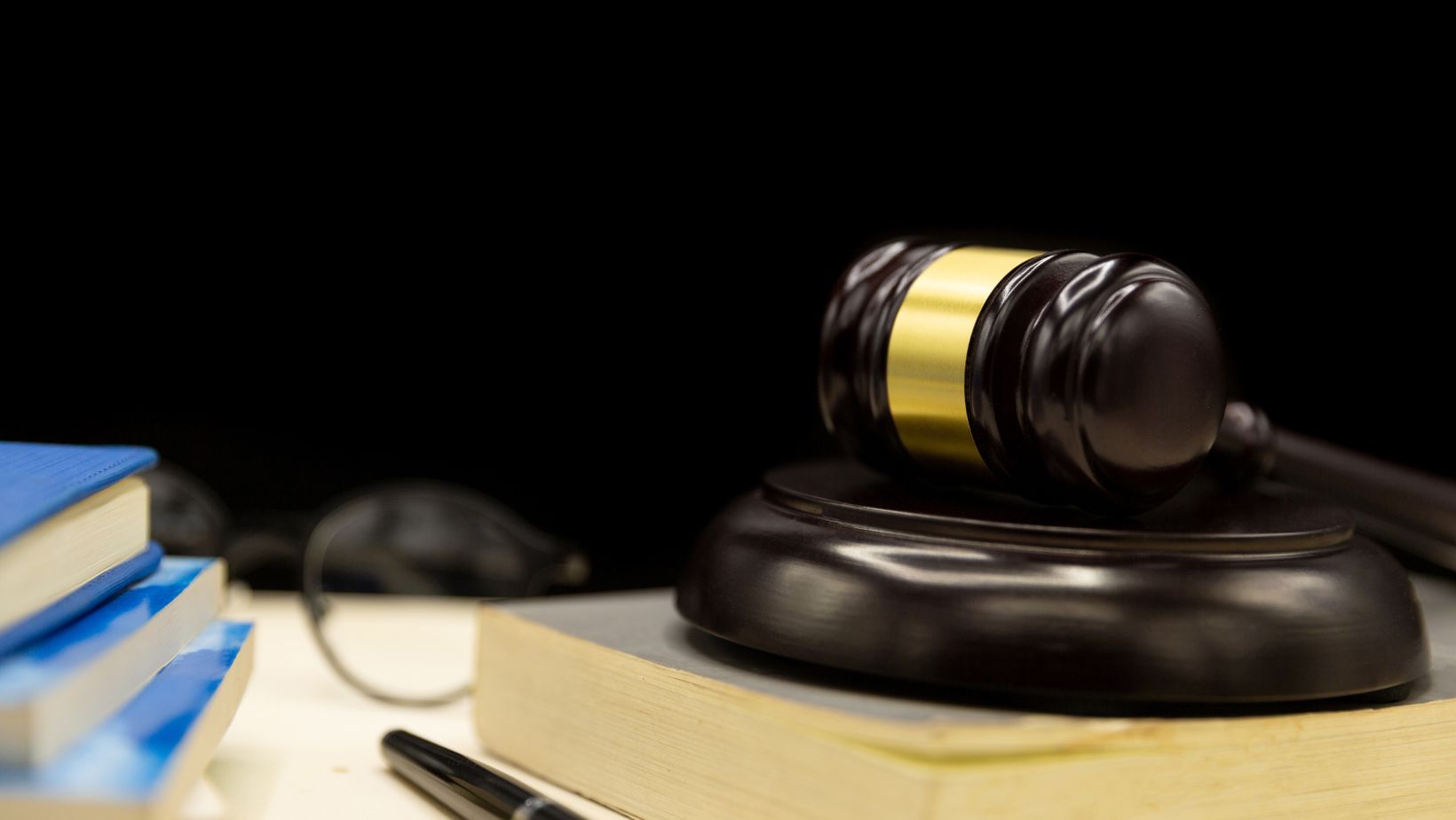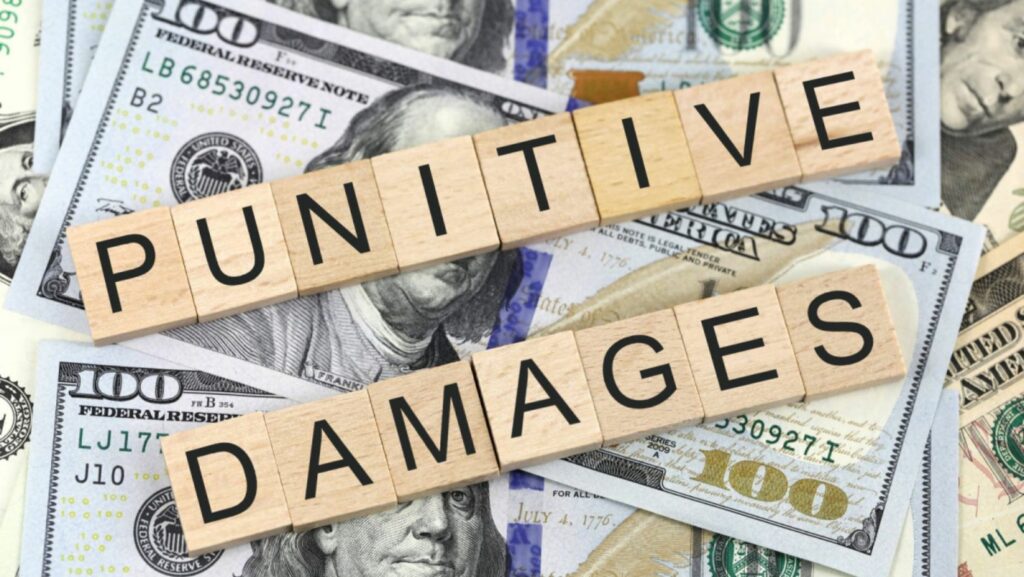In legal proceedings, punitive damages stand for discipline, reserved exclusively for personal injury lawsuits. Unlike their compensatory counterparts, punitive damages exceed mere restitution, serving as a potent tool to convict and prevent heinous misconduct. And before you dive into punitive damages, understanding personal injury lawsuits is crucial.
So, let’s understand punitive damages and unravel the significance they hold in the legal landscape.
Exploring Punitive Damages in Personal Injury Lawsuits: A Comprehensive Guide
In the world of legal proceedings, punitive damages stand as a formidable force, unique to the realm of personal injury lawsuits. These damages, designed to punish defendants for egregious behavior and deter future misconduct, play a pivotal role in the pursuit of justice within the legal system. Injury Attorney Michael James in Houston is dedicated to helping clients navigate the complexities of personal injury lawsuits, ensuring they understand all components of their case, including the potential for punitive damages.
What are Punitive Damages?
Punitive damages, also known as exemplary damages, are awarded in personal injury cases to punish defendants whose actions are deemed intentional, reckless, malicious, or grossly negligent. Unlike compensatory damages, which aim to compensate plaintiffs for their losses, punitive damages serve a distinct purpose: to act as a deterrent against similar misconduct in the future.
By imposing financial penalties on defendants, punitive damages seek to send a clear message that such behavior will not be tolerated within society.
Examples of Cases
Punitive damages are typically awarded in cases where the defendant’s actions exhibit a blatant disregard for the safety and well-being of others.

Examples include accidents involving drunk driving, instances of defective products causing harm, and situations involving fraud or deceit.
In each of these scenarios, punitive damages serve as a means of holding wrongdoers accountable for their actions and discouraging similar misconduct in the future.
Comparison with Compensatory Damages
It’s essential to distinguish between punitive damages and compensatory damages, which serve distinct purposes within the legal system. While compensatory damages aim to compensate plaintiffs for their losses financially, punitive damages focus on punishing defendants and deterring future wrongdoing. This differentiation underscores two objectives of the legal system: providing restitution to victims and promoting accountability and societal welfare.
Role of the Jury
In most personal injury cases, the decision to award punitive damages rests with the jury or sometimes an alternate juror. Drawing upon the evidence presented during the trial, the jury evaluates the severity of the defendant’s actions and determines whether punitive damages are warranted. This underscores the democratic nature of the legal process and ensures that punitive damages are not arbitrarily imposed but are instead based on a thorough examination of the facts.
How and Why Punitive Damages Are Only Available in Personal Injury Lawsuits
Punitive damages find their stronghold primarily in tort cases, particularly personal injury lawsuits, rather than contractual disputes. Rooted in the principles of deterrence and justice, punitive damages are wielded as a formidable deterrent against future transgressions.

Their main objectives include punishment, specific deterrence (preventing the defendant from repeating the misconduct), and general deterrence (discouraging others from similar actions).
In personal injury litigation, punitive damages emerge as a potent weapon against wanton disregard for safety and well-being. When a defendant’s actions show a flagrant disregard for the rights and safety of others, punitive damages serve as the voice of justice, heralding societal condemnation and admonition.
Whether in cases of gross negligence, willful misconduct, or malice, punitive damages stand as a bulwark against the tide of impunity, ensuring that wrongdoers are held accountable for their actions.
Conclusion
In essence, punitive damages in personal injury lawsuits transcend the realm of compensation, resonating as a clarion call for societal accountability and deterrence. By imposing tangible consequences for reprehensible conduct, punitive damages forge a path toward a more just and equitable society, wherein the principles of fairness and accountability reign supreme.


More Stories
How to Make a Seamless Carousel Post on Instagram?
Why Some Posts Get More Instagram Likes Than Others
Are Niche Accounts the Secret to Gaining Loyal TikTok Followers?